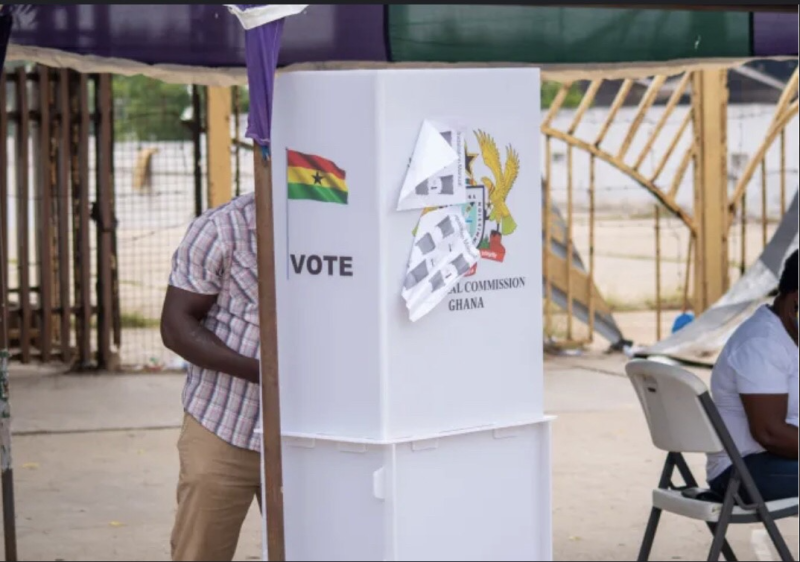The Bank of Ghana (BoG) has reported a significant rise in SIM swap fraud, specifically targeting individuals using mobile banking services.
According to the apex bank, about GHȼ4.6 million was lost to this fraud in 2023, attributed to 15 recorded cases.
The threat extends beyond individuals to corporate institutions, where large sums of money could be stolen.
Ransford Nana Addo Junior, a Certified Fraud Examiner and Financial Crime & Fraud Lecturer at the National Banking College, says, “It is not only individual accounts. When a SIM swap happens on corporate accounts, it’s more dangerous. For instance, if the CFO of a hotel has his number swapped and a fraudulent transaction is initiated, the fraudsters will be the ones receiving the confirmation.”
He also noted that SIM swap fraud extends beyond banking:
“It goes beyond just the mobile channels and even beyond banking. For instance, if somebody wants to intercept your medication information sent through SMS or your SSNIT records, it can be intercepted through SIM swap as well.”
To protect yourself, be cautious about sharing personal information and regularly monitor your accounts for any suspicious activity.
If you suspect fraud, act quickly by contacting your service provider and bank to secure your accounts and minimize potential damage.
The Bank of Ghana has mandated that payment service providers comply with section 34(3)(a) and (b) of the Payment Systems and Services Act 2019 (Act 987).
This requires deactivating a customer’s electronic money account for two days when they swap or replace their SIM card.
The account can be reactivated once the customer provides valid identification, helping to prevent SIM swap fraud.
Reports indicate a 5% increase in overall fraud cases, resulting in losses of GHS 88 million in 2023.
















